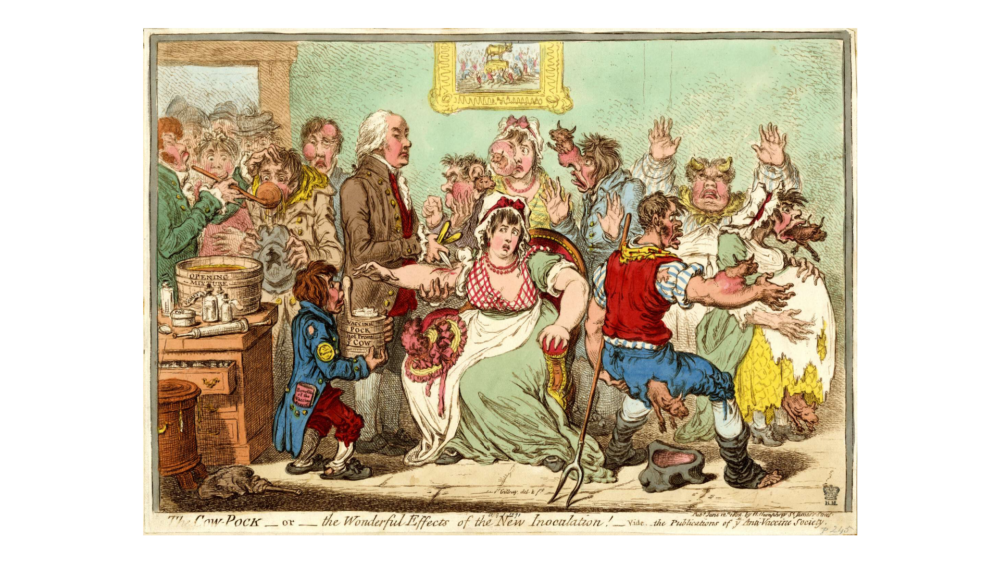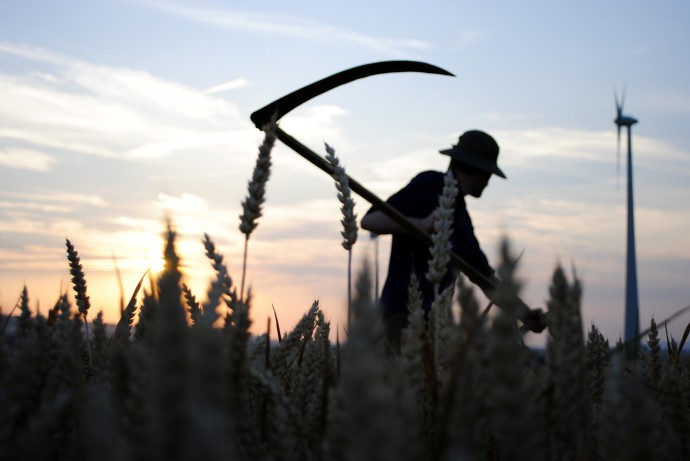Infodemics

I don’t often link to journal papers, but this one by Sabrina Jin et al in The Lancet Infectious Diseases really tickled my fancy. It introduces the concept of ‘infodemics’—’an inundation of information accompanying an epidemic or acute health event’—and makes the case that these have always existed. It’s a neat corrective to the societal panic about the spread of health misinformation on social medical, suggesting that not much has really changed.
There were two bits that I especially enjoyed.
The first was the painting at the top of this post—and 1802 etching by James Gillray of small cows erupting from the sites of the cowpox vaccination, lampooning a common reason for vaccine hesitancy. Concern about vaccines is far from new!
The second was the challenge back to the medical profession about our own indulgence in disproven myth, using perhaps the best imaginable public health example (ahem):
Although medical institutions often praise John Snow, some aspects of Snow’s work have been altered as part of public health mythology. According to popular renditions of his biography, Snow created a dot distribution map that connected patterns of cholera mortality with the Broad Street water pump used during the 1854 cholera epidemic in London, UK. These observations allegedly led to the removal of the pump and halted the outbreak in the surrounding community. However, close examination revealed that the cholera outbreak had already peaked before Snow’s discovery, indicating that the reduction in mortality was not directly associated with removal of the pump. Despite this inaccuracy, Snow’s work—including its mythicised features—continues to be celebrated as an integral part of medical history. This continued celebration of historical falsehoods indicates the enduring existence of mythology and inaccuracies, even among medical and public health professionals.
Splendid work.
This post was filed under: Health, James Gillray, John Snow, Medicine, Public Health, Sabrina Jin, The Lancet.
